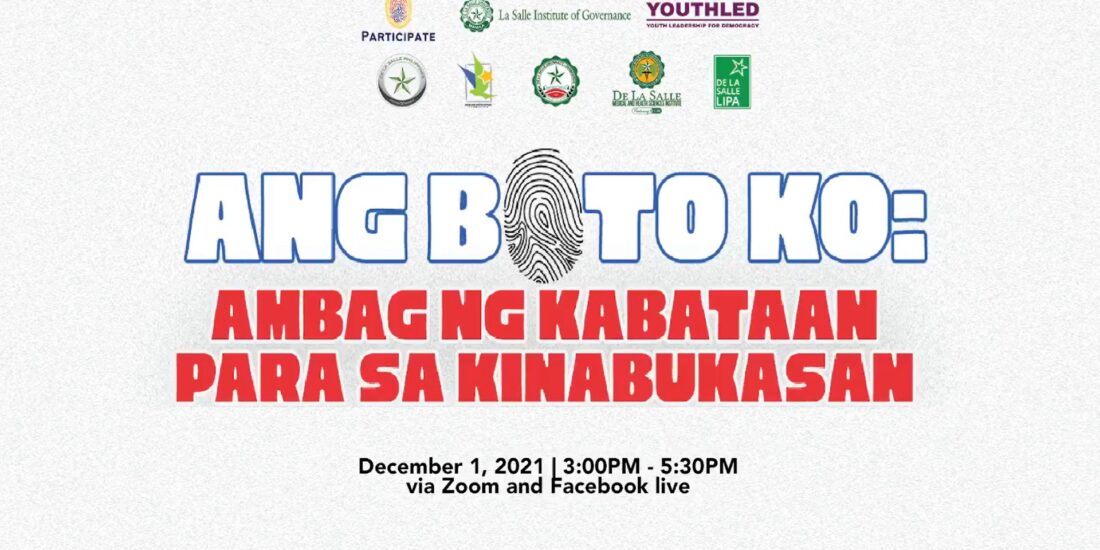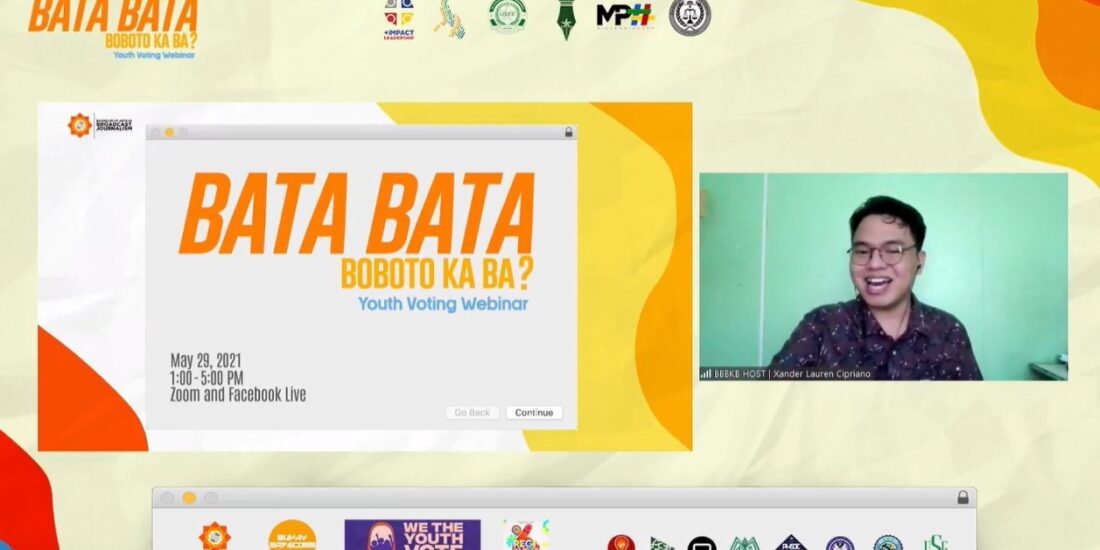The myth of “bobotante”
You can’t call Filipinos bobotante, as voting is not just a matter of intellect.
This past May 13, the Commission on Elections (COMELEC) declared the 2019 midterm election “generally successful”—yet majority of Filipinos said otherwise when the results started to unfold. Questions and controversy stormed the election, not only for drawing a full house of President Rodrigo Duterte-endorsed senatorial candidates, but also for the incompetency and impunity among the winning candidates.
The rage is of reason, nevertheless. Seating unqualified bets is a loss to the nation and the rise of plunderers to power is a death of justice. An election is either one ticket to hope or one ticket to destruction. Thus, heavy weight is laid upon the 2019 elections, especially at a time of despair for the country. The blame goes easily to the voters themselves, as the majority is the decisive factor of the country’s future.
Although it’s true that there are more deserving candidates who likely would have changed the course of our societal demise, the bigger anomaly here is not that people came across ignorant for their choices—but rather how these choices came into shape. The truth is, these choices aren’t made on May 13 alone, as the people’s decision is only a manifestation of lifelong struggle. The decision-making started long before the campaign season. What we see during elections is an ensemble of resentment and frustration of many Filipinos through years have accumulated. It’s faulty, but it’s not the people’s fault, and every time you think it is, check on yourself because
An educated vote comes from privilege which those called “bobotantes” are systematically robbed of.
If anything, they are just victims of what they’re fed to believe in and what they’re capable of knowing given their circumstances. Information does not reach everyone in a singular, effective, and progressive way. Worse, information doesn’t reach some people at all. It’s true for this case that information is power. But it’s much truer that information is privilege.
The tendency to vote for a rather alternative choice is nothing new, as seen in 2016 when former mayor of Davao City Rodrigo Duterte, whose platform is an ironfist of change, was elected president and businessman Donald Trump in the United States. After years of unchanging, desperate situation, voters see these men with something new to offer, and they hopped on it on a landslide.
This only speaks to say that platforms and credentials do not exactly make an effective and affective selling persona, say winning senatorial candidate and former Philippine National Police Chief Ronald “Bato” dela Rosa, who didn’t use his Master’s degree and PhD in public administration and development administration, respectively, as his novelty. His association with President Duterte and his role in the drug war were enough to earn him 18 million votes and the 5th spot in the senatorial race.
Platforms and credentials are factors of course, but voter’s behavior in general follow who offers “common good” as what they understand it is. It’s also a matter of influence where prominent names, no matter what know for, are a sufficient edge to be elected. The next one is power and power relations which refers to who can do what to whom. Politics is power in the first place. Who gets this power is the main game, and those with greedy and destructive underlying agendas do everything to earn a seat in the senate—the senate that’s been a home to rumble, and a refuge of impunity for people who don’t want to be thrown behind bars for their criminal charges. For the power, money, and immunity high positions offer, candidates dare run—and they win all the time.
What Filipinos can learn to this, especially those who protested against Duterte-endorsed candidate, is that Filipinos will always be diverse, and should focus on unifying pursuits. This refers, for starters, to not engaging in shaming voters for their choices, but educating them rather. In this way, positive purposeful engagement sets in.
Moreover, this should remind everyone of the struggles of the poor. Election gives hope at first, and then it gives perspective. If anything, the 2019 elections really was a chaos, not to mention the compelling anomalies of cheating. But whether, the votes that elected a full house of Duterte-endorsed circle are legitimate or not, the bottom line is that no one is entitled to humiliate uninformed voters.
It’s not soon before the next elections come, and as the country faces tougher challenges, this newer landslide calls for another hill to climb—and it starts with getting out of echo chambers, reaching out as much to others with an open understanding of their upbringing.
It’s time we bring up voter’s education, not shaming.





